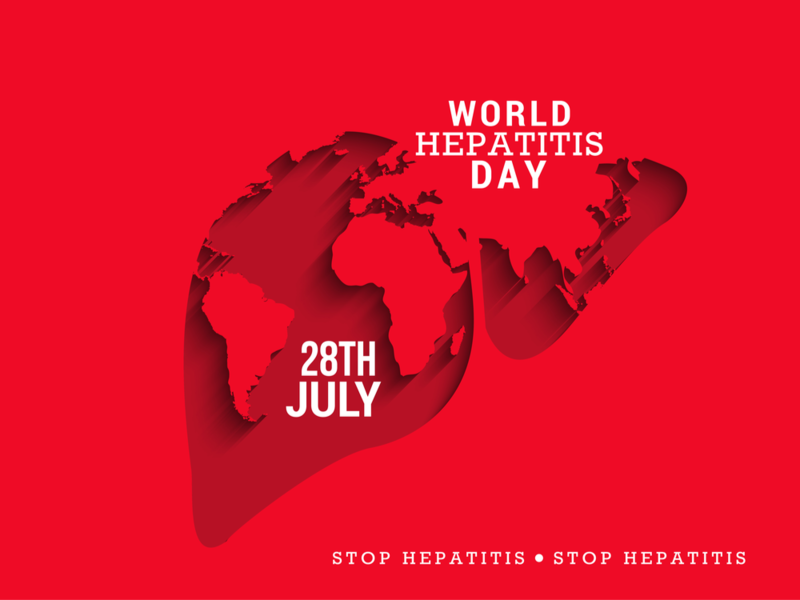World Hepatitis Day 2018: Test.Treat.Hepatitis
UNI Jul 28, 2018
The World Health Organization (WHO) and partners are calling on countries to urgently increase hepatitis testing and treatment services in order to achieve the globally agreed goals. The calls came in the lead-up to World Hepatitis Day 2018 on July 28, which focuses on the theme “Test.Treat.Hepatitis.”

Viral hepatitis B and C affect 325 million people around the world. Left untreated, these infections lead to liver cancer and cirrhosis, which together caused more than 1.3 million deaths in 2015 alone. Worldwide, less than 20 per cent of people had access to testing and treatment services for hepatitis B and C infections at the end of 2016.
WHO is holding several events to mark World Hepatitis Day with the Government of Mongolia, a country that is heavily burdened by hepatitis but also a champion in the global fight. Over 10 per cent of Mongolia's 3 million people are living with chronic hepatitis infection. The country started its national Healthy Liver Programme in 2017, with ambitious targets for 2020. It aims to provide hepatitis B and C screening to 60 per cent and 80 per cent of the population. And it seeks to provide hepatitis C treatment to 80 per cent of people in need.
Mongolia's progress in the fight against hepatitis is led by political commitment and an ambitious universal health coverage agenda. The country is the first lower-middle-income country in Asia Pacific to commit to hepatitis elimination, by ensuring universal access and health insurance coverage for hepatitis testing and treatment for its entire population.
The Western Pacific Region has the largest number of people living with chronic hepatitis infections among the 6 WHO regions. At the end of 2015, an estimated 14 million people were living with chronic hepatitis C infection and 115 million with chronic hepatitis B infection. Every day, 1 200 people in the region die because they are unable to access effective hepatitis care.
“It is encouraging to see one of the most affected countries in our Region demonstrate such leadership,” said Dr Shin Young-soo, WHO Regional Director for the Western Pacific. “As we work towards the goal of eliminating hepatitis, Mongolia sets a great example for other countries in the region to follow.”
Aiming to speed up global progress, WHO is also releasing new global guidelines on hepatitis C treatment. The guidelines enable major simplifications in the delivery of curative therapy to the 70 million people living with chronic hepatitis C in the world. “Eliminating hepatitis will require ongoing innovation, better medicines, and improved health services,” said Dr Gottfried Hirnschall, WHO Director for HIV and Hepatitis. “Our new recommendations should pave the way for everybody with hepatitis C to access testing and curative treatment now."
WHO and global partners are sharing the experiences of countries such as Mongolia to promote sustained political commitment and broad-based partnerships in many other countries. Reinvigorated action and investments in viral hepatitis are necessary for the world to get on track to reach the elimination goals.
-
Exclusive Write-ups & Webinars by KOLs
-
Daily Quiz by specialty
-
Paid Market Research Surveys
-
Case discussions, News & Journals' summaries